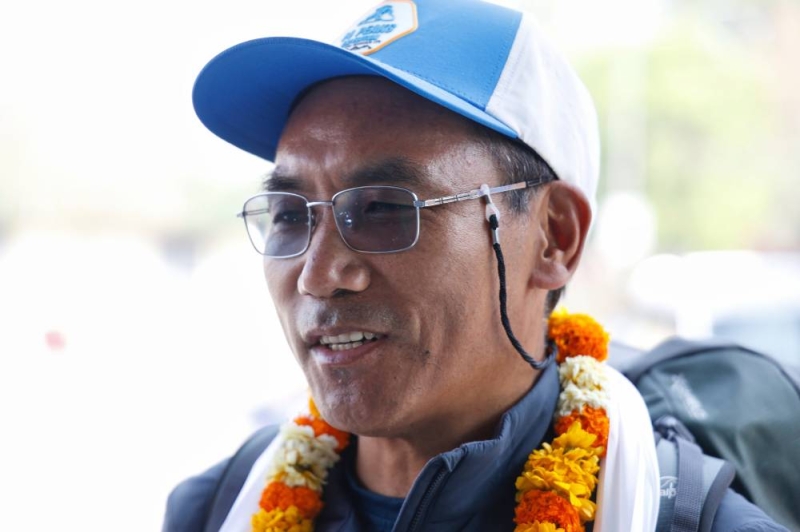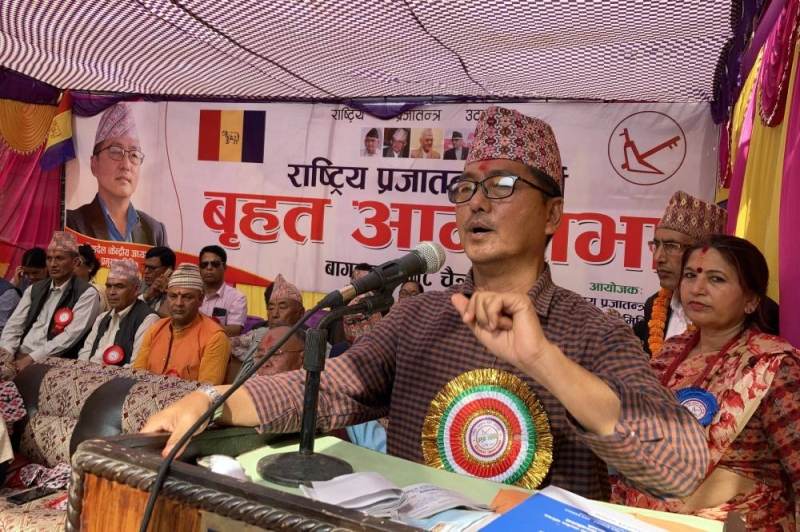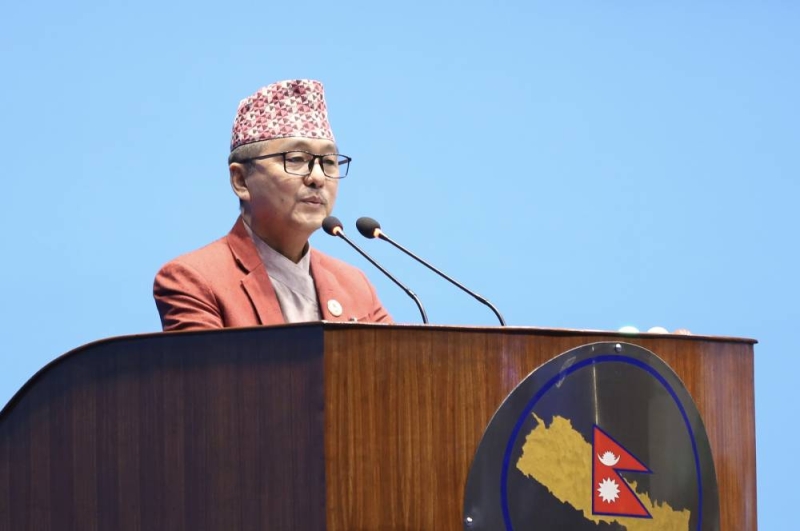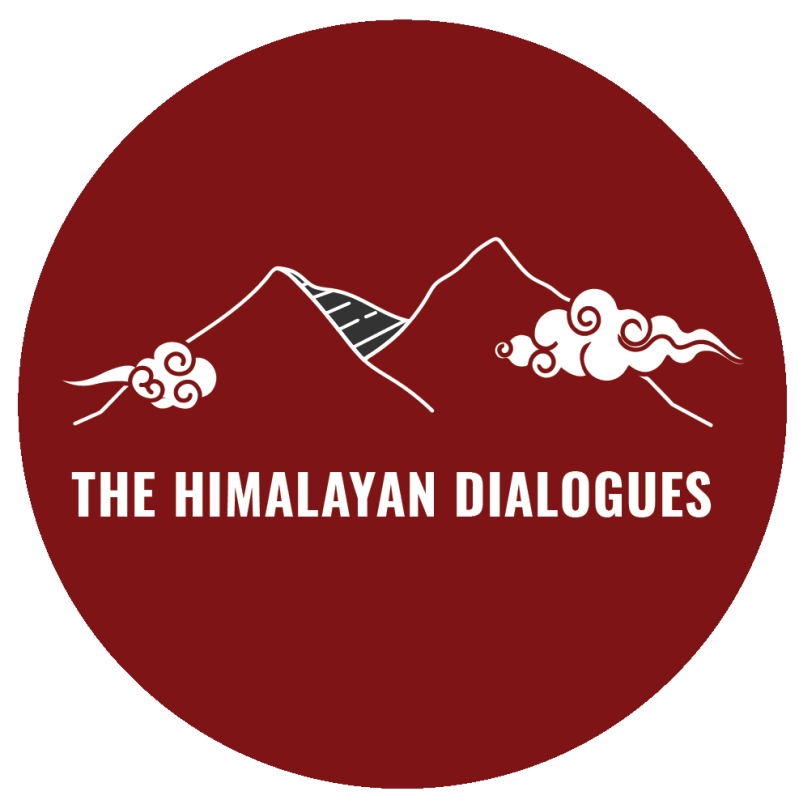WB announces awards for best ideas
WB announces awards for best ideas
Published: 12:00 am Oct 13, 2005
Kathmandu, October 13:
The World Bank announced awards for best ideas for water, sanitation and energy projects in the name of Development Marketplace Competition, recently. The total amount of award is $4 million, according to the World Bank.
WB said that it would hold a competition to award $4 million to the best ideas to provide clean water, sanitation, and energy to local communities in developing countries lacking these basic services that applies to all WB-member states.
Entitled, “Innovation in Water, Sanitation, and Energy Services for Poor People,” this year’s Development Marketplace competition seeks proposals for local, small-scale projects with the potential to be scaled up, says WB’s statement. The winners will be selected by an international jury of World Bank and independent development experts at the Development Marketplace event on May 9, 2006 in Washington DC.
Previous winning projects include building children’s merry-go-rounds that doubled as village water-pumps in South Africa, reusing mosque water to irrigate dry fields in Yemen and constructing portable solar energy generators for remote Laotian households on rent, says WB.
Development Marketplace 2006 is open to all civil society groups, social entrepreneurs, youth organisations, private foundations, academia, and private sector corporations with unique ideas that may not attract funding from traditional sources of finance. The maximum award will be $200,000 per proposal.
More than a billion people in developing countries don’t have access to clean water, 2.6 billion people don’t have access to hygienic facilities and nearly three billion people don’t have reliable energy services. “Ensuring all people have access to basic services is at the heart of development,” says World Bank president Paul Wolfowitz. The Development Marketplace is a World Bank programme that uses a competitive and transparent process to support grassroots initiatives with innovative approaches to solving challenging development issues. The programme has awarded nearly $34 million to roughly 800 small-scale projects over the last seven years, including Nepal.





